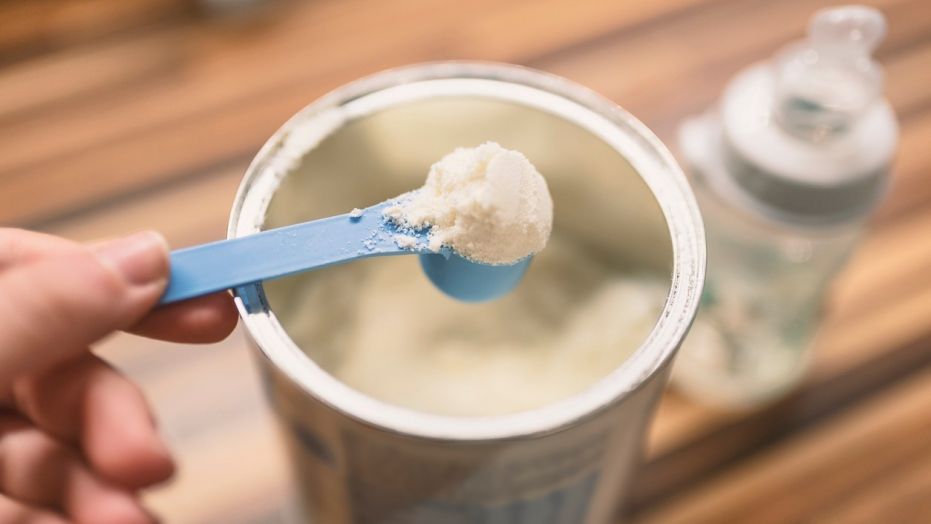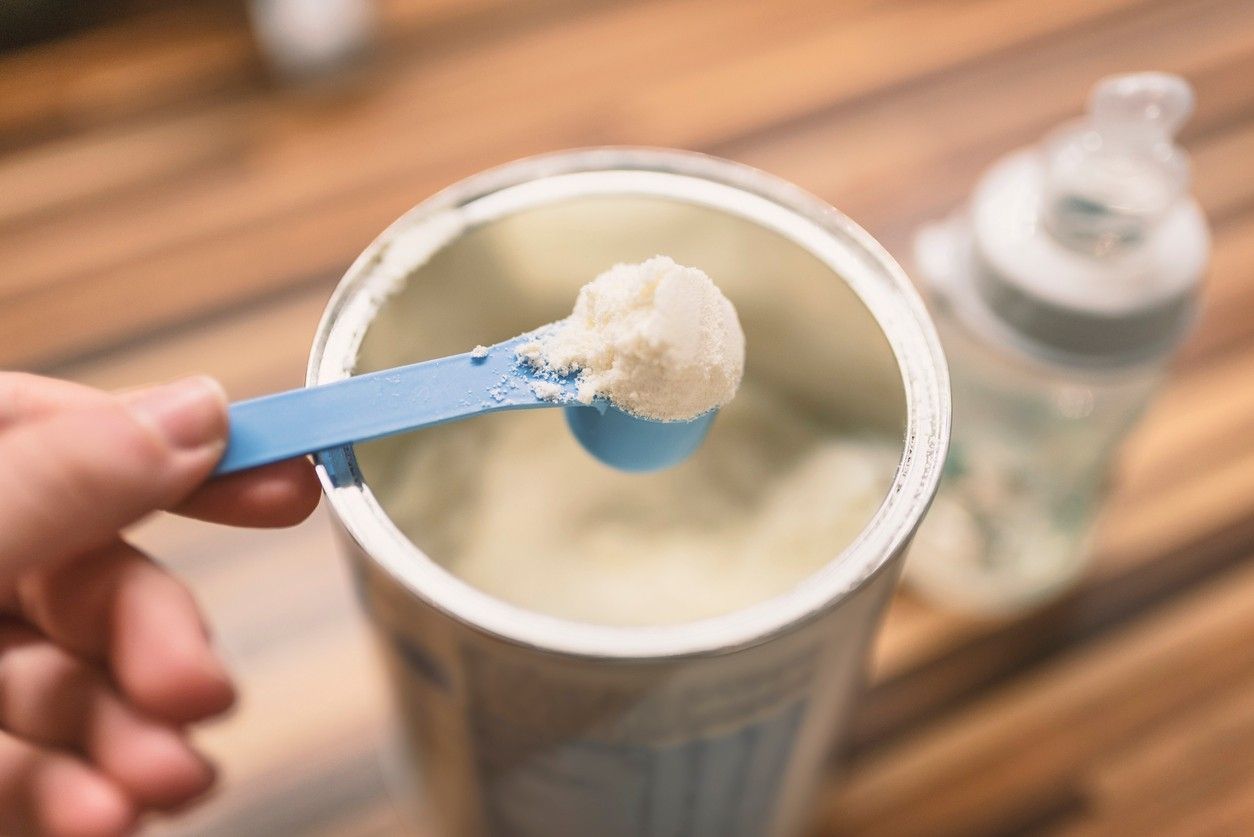[ad_1]

A letter from the hospital used “artificial” to describe formula feeding, sparking outrage.
(iStock)
A British hospital trust has sparked a social media firestorm for describing mothers who use formula milk as “artificially” feeding babies, according to a new report.
The Worcestershire Acute Hospitals NHS Trust issued a letter this week saying that it would “no longer be providing artificial milk (formula milk) to new mothers who have made an informed choice not to breastfeed.”
The letter, posted by Kathryn Booth on Twitter, also includes the boldface heading, “What do I need to bring with me if I wish to artificially feed my baby?”
Booth bashed the hospital’s choice of words in her post.
“So when did it start to be ‘artificial feeding’?” she wrote. “I really can’t believe this wasn’t proofread before going out.”
Dozens of other moms responded, expressing their agreement.
“This made me feel sick to the stomach,” Alis Roberts fumed. “My baby couldn’t breastfeed – I know that formula is ‘artificial’ but these things need to be more carefully worded when the whole baby feeding issue is so emotionally charged. Can’t imagine how I’d felt if I’d read this in hospital.”
“Ah, man. 2 years ago – tears and frustration when my little one wouldn’t latch,” Helen Nickols shared. “Felt like a failure. Worked in the end but took days (and only on 1 side!). We need more support in hospitals to help us in hours after birth!”
Vicky Melville wrote that such a letter “would have pushed me over the edge” had she read it when her son was a newborn.
“No matter how many HCA helped, cajoled, held, intervened, we just couldn’t get my son to latch,” she wrote. “I felt I’d failed him on his first hurdle and took a while to get over. I was devastated.”
Others had no problem with the wording.
“Don’t see a prob with the term artificial, essentially it is!” Kerry Collins posted. “I’ve fed 4 children 2 artificially and 2 breast fed so I’m not one of the breast is best police [sic], but u can’t change the facts formula is not nature’s way, but happy mum = happy baby.”
Kate de Selincourt agreed that “technically ‘artificial’ is correct of course” but said it carries an “implied judgment.”
A spokeswoman from the hospital trust told the BBC that its decision to not routinely provide formula milk to non-breastfeeding moms is part of its commitment, through the Unicef Baby Friendly Initiative, to promote breastfeeding.
“We recognize that some new mums may not want to breastfeed and that some new babies may need to have their feeds supplemented, which we fully support,” she said. “We take the views of our mums and families very seriously, and will consider carefully all of the feedback on the wording of our information.”
[ad_2]
Source link

